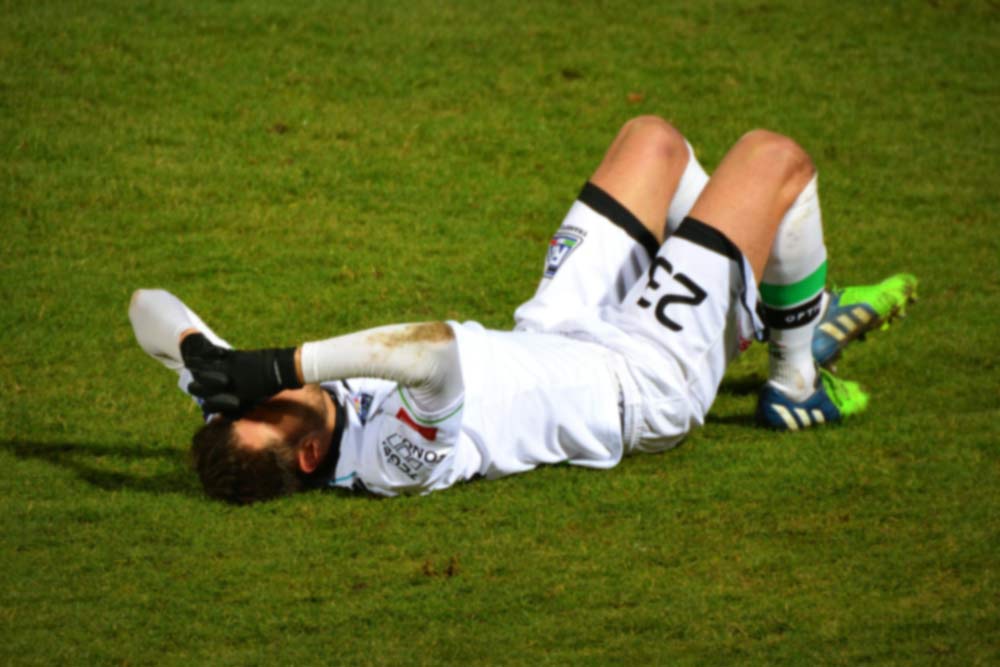
Hobbies for Mental Health
Maintaining your mental health is a daily balance and having hobbies for mental health will help keep you on track. While some of the things
Home » Conditions » Head Injury

A concussion is a traumatic brain injury that alters the way your brain functions. Effects are usually temporary but can include headaches and problems with concentration, memory, balance and coordination.
Although concussions usually are caused by a blow to the head, they can also occur when the head and upper body are violently shaken. These injuries can cause a loss of consciousness, but most concussions do not. Because of this, some people have concussions and don’t realize it.
Your brain has the consistency of pudding and it is only cushioned from everyday jolts and bumps by cerebro-spinal fluid inside your skull.

Concussions are common, particularly if you play a contact sport, such as football. In fact every concussion injures your brain to some extent. This injury needs time and rest to heal properly. Most concussive traumatic brain injuries are mild, and people usually recover fully. These injuries affect brain function, usually for a brief period, resulting in signs and symptoms of concussion.

Maintaining your mental health is a daily balance and having hobbies for mental health will help keep you on track. While some of the things

Learning to ask for help when you truly need it, can be a difficult skill to acquire. Many of us, myself included, are often reluctant

Mental wellness is meant to be encompassing term. Which describes how you feel, think and act to create and maintain a positive social and physical

The benefits of having a support system for mental health are an integral part of recovery and continued care. Studies continue to show that the

Nature and Happiness Surrounding yourself in nature may be one of the greatest medicines we know. Studies have continuously shown its ability to boost mood

Creating routines has been a long-standing recommendation from the mental health community and it all starts in the morning. By building a sunrise structure that

The Neuroscience Center is an institution built on 40 years of experience. We are dedicated to providing high-level expertise in brain health & well-being.
